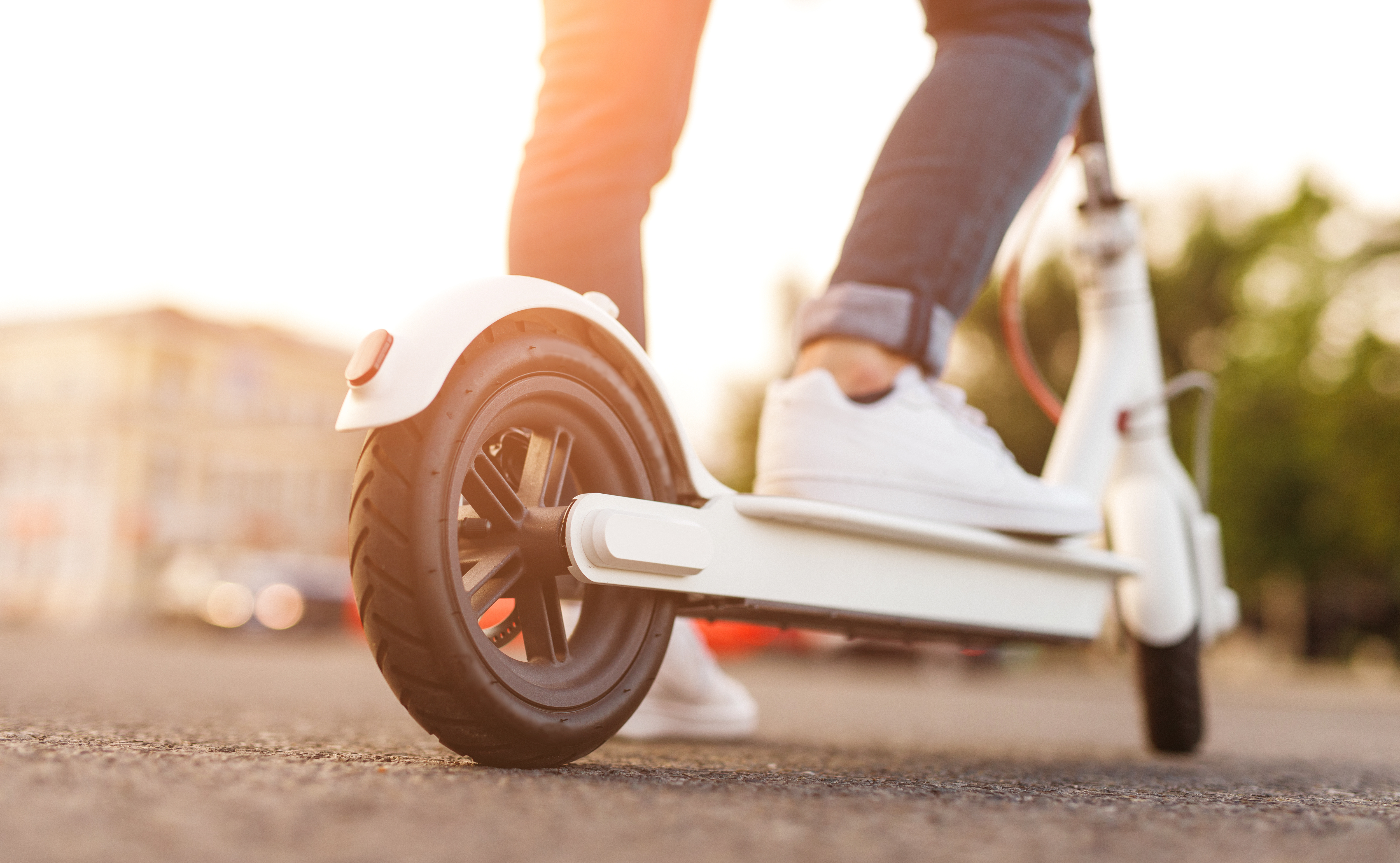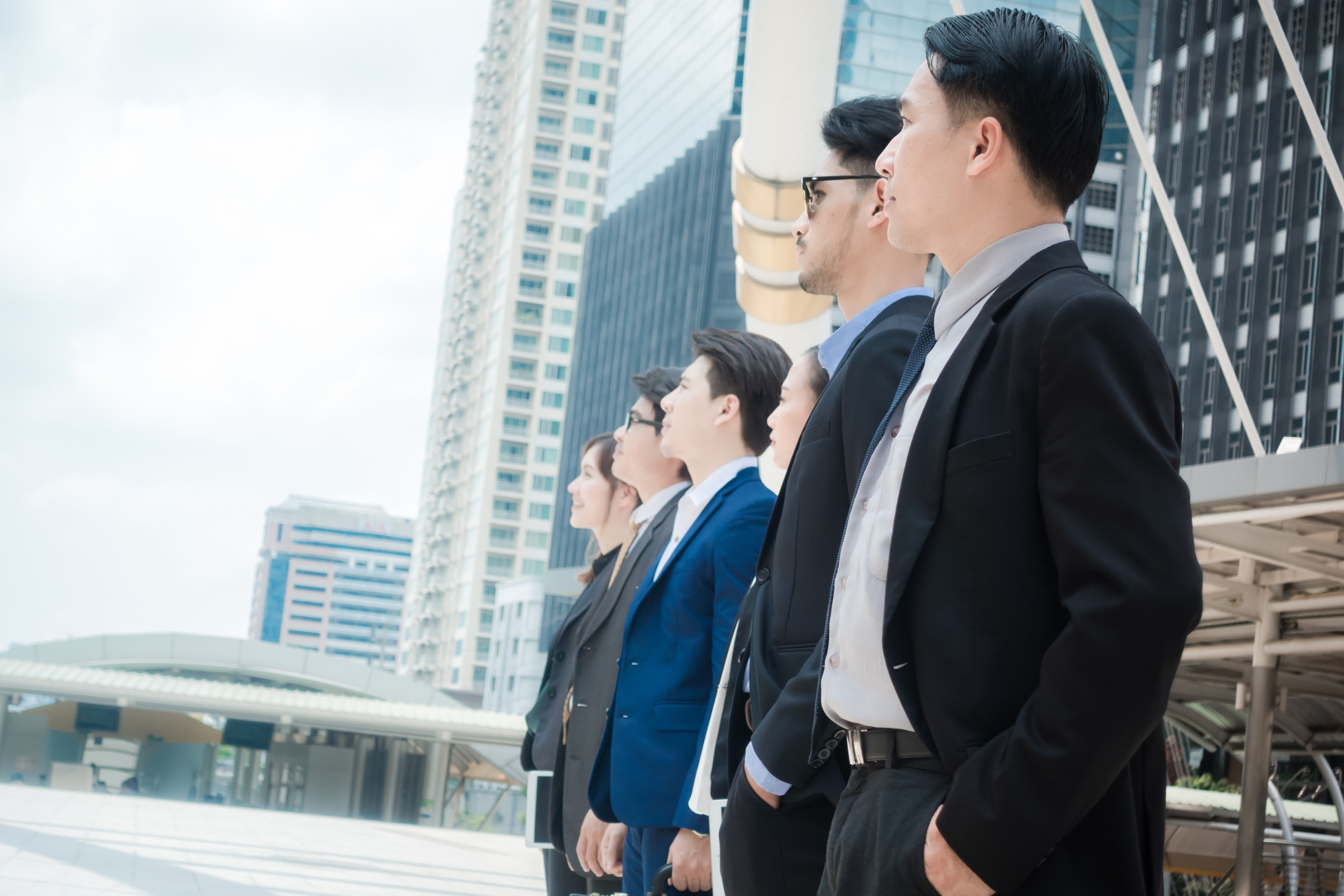E-scooter ban could lead to slowdown in food delivery firms
- Justin Harper
- Topics: Compliance, Home Page - News, News, Singapore

The start of this month saw the strict policing of new regulations that ban the use of personal mobility devices (PMDs), namely e-scooters, on pedestrian footpaths.
Electric scooters are the main mode of transport for food delivery riders at firms like GrabFood, foodpanda and Deliveroo. Being forced to use the road will slowdown delivery times they argue.
While the e-scooter ban was officially announced in November, Singapore’s Land Transport Authority (LTA) said it would start taking a zero-tolerance policy from the start of 2020.
There have been question marks over the safety of e-scooters following a number of accidents involving pedestrians. But while most have welcomed the clampdown, food delivery riders have voiced their anger along with the restaurants that rely on them.
Delivery riders have taken to social media to vent their frustrations at the potential loss of income. The footpath ban will also mean longer waiting times for customers.
But to soften the blow of the new law, Singapore’s authorities have offered S$7 million of grants to help food delivery riders switch to other vehicles, including bicycles and e-bikes.
Funded by the government and three major food delivery firms, about 3,000 riders have applied for the scheme. Grants also help riders find other jobs.






